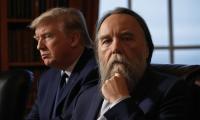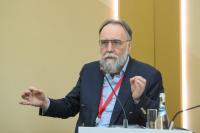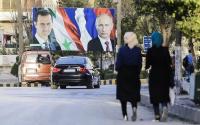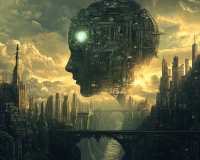Trump’s Revolution
Currently, everyone in Russia and across the world is clearly puzzled about what is happening in the United States. President-elect Donald Trump and his close associates, particularly the passionate Elon Musk, have launched an almost revolutionary level of activity. Although Trump has not yet assumed office — this will happen on January 20 — America and Europe are already shaking. This is an ideological and geopolitical tsunami that, frankly, no one anticipated. Many expected that after being elected, Trump — much like during his first term — would revert to a more or less conventional policy, albeit with his charismatic and spontaneous traits. It can now be said with certainty: this is not the case. Trump is a revolution.























